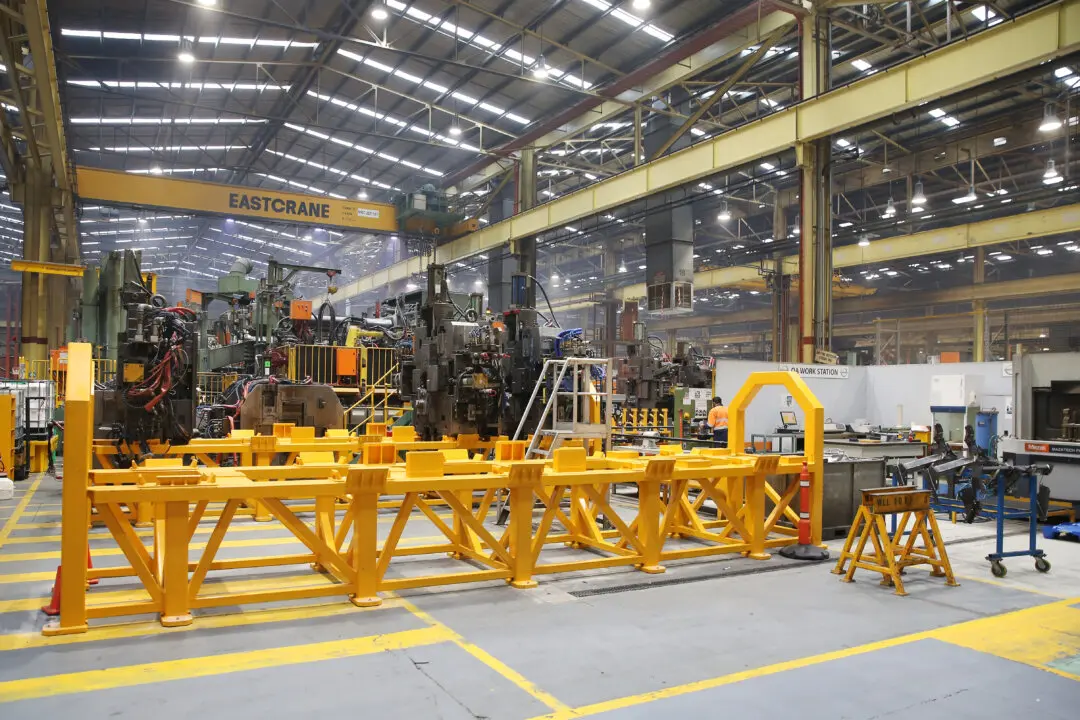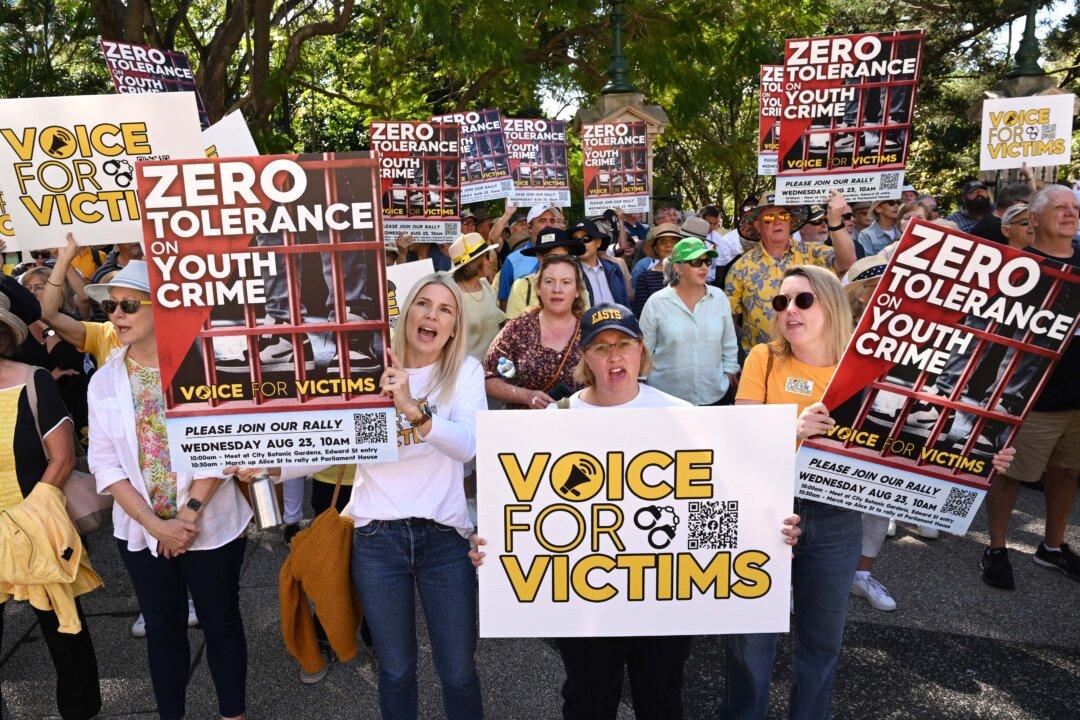Both the government and the opposition have thoroughly rejected a claim by Beijing’s ambassador to Australia, Xiao Qian, that a Chinese Communist Party (CCP) warship did not use a sonic weapon against Australian divers last year.
In November, a Chinese warship acted dangerously using its sonar during an incident with an Australian Navy vessel in Japan’s waters, injuring military divers who were clearing fishing nets from its propellers.





